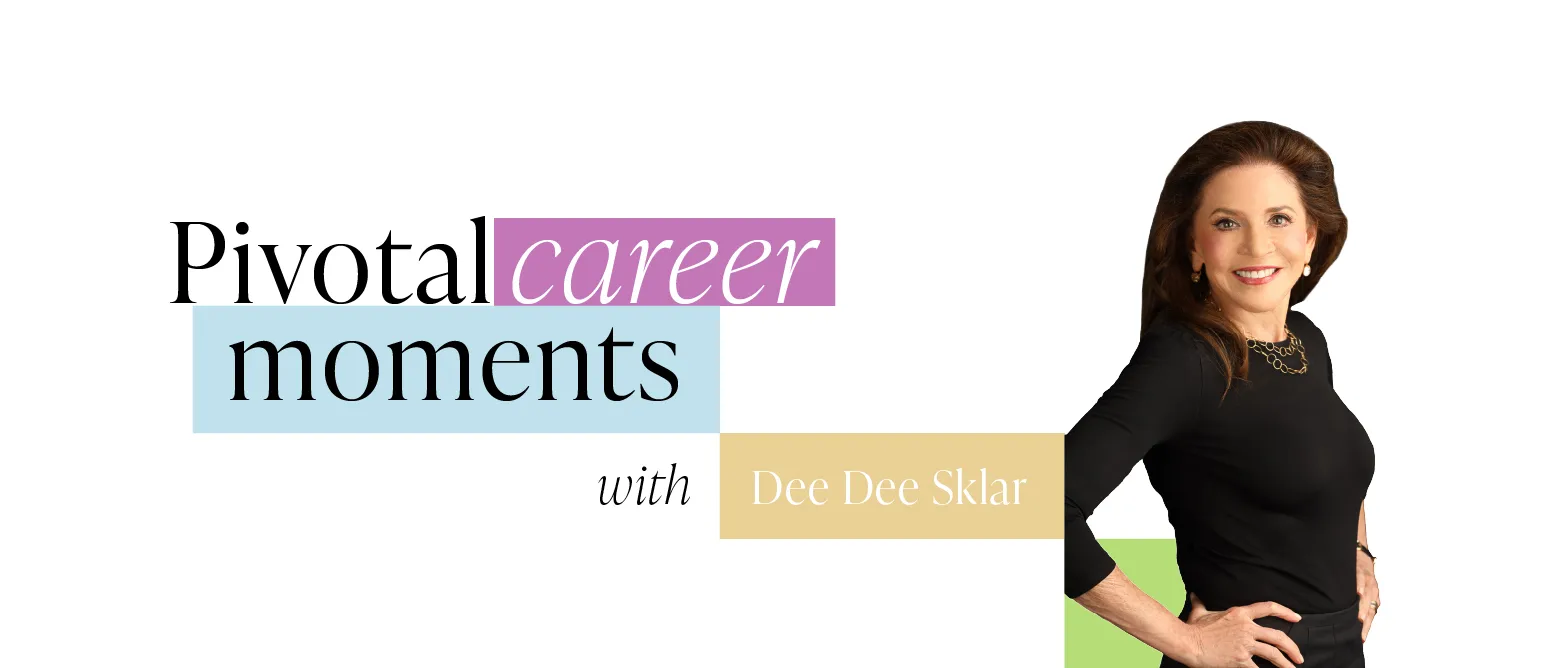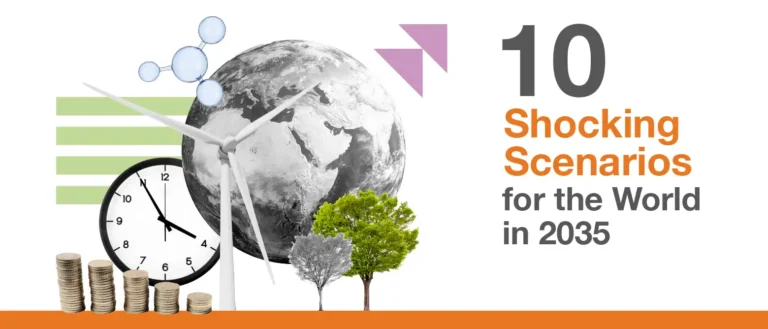The financial sector has made real progress towards being more inclusive, but there is still a significant gap, particularly in leadership roles, that still needs more attention and action initiatives. Institutions that take the lead will not just be doing the right thing; they will gain a competitive advantage.
Dee Dee Sklar
The finance industry has traditionally been male-dominated, with women facing numerous challenges in breaking through the glass ceiling. In recent years, opportunities for rising deserving women in finance have increased, just not in parity. More organisations recognise the value of diverse perspectives and are actively seeking to make their teams more representative of society as a whole.
The 30% Club, the 30% Coalition, and several other organizations tracking the stats report that the large commercial banks are reaching their 30% goals for total employees, board gender and cultural diversity, yet senior positions available to women have not reached parity. The Women in Finance Charter, led by HM Treasury, is working towards 40% female representation in senior management roles. Women like Jane Fraser at Citi and Robyn Grew at Man Group have shown that the glass ceiling can be shattered in financial markets.
The scope and pace of change are not yet sufficient, and more needs to be achieved. Common barriers, such as gender bias, the lack of targeted mentorship along with pivoting career opportunities continue to be challenging as entrenched corporate cultures persist, hindering the progress of aspiring female leaders. As an industry, we should have achieved more. We shouldn’t even need to speak about DEI now – it should be a natural, integral part of our culture in finance.
So why is this still a problem? And how can it be fixed?
I have seen more progress within banks during the last 10 years than ever before, yet too few women have achieved their position goals and pay parity. A great deal of this progress has happened because of men supporting change, many have become allies changing the pace of progress. This said, unfortunately, I have also seen too many exceptional women bankers being marginalised.
I believe that unlocking career progression for women is often about creating opportunities for women to “pivot” and change directions in order to grow. I’ve been so lucky in my career to have been in growth areas of the financial markets at times without incumbents in roles. That meant the discussion was about whether I was ready for the role, and it was then that I had the opportunity to implement business initiatives and plans, strategy, building teams, designing technology, risk controls around operational needs thus leading to my success.
As we all know, banks have been shrinking their workforces since the Global Financial Crisis, which has inevitably led to more incumbents staying in their roles longer if they chose to remain in banking. The corollary of that has been fewer opportunities for women as I mentioned to pivot and move their careers forward. The reduced opportunities caused by the contraction of headcount creates a stark contrast with other industries, where opportunity and diversity has improved markedly faster.

The rise of institutional investment in the loan market and the growth of private credit – referred to as the non-bank lending market including PE platforms/alternative investment managers, BDCs and other structures – in particular have had and will continue to have the potential to create more opportunities for women in finance to pivot their careers.
For example, private markets assets under management reached a record $11.7 trillion in 2022, according to McKinsey.1 Prequin forecasts that this could grow to $18.3 trillion by 2027.2 This rapid expansion means that private markets are where some of the greatest opportunities for senior women in finance are today.
Roles in private markets give women a different toolkit to grow. Being involved in a private equity buy-out can lead to a seat on a board and/or being part of senior management at the acquired firm. The dynamism of private markets is driving opportunities for senior women (and men) to learn new skills and grow professionally. About a dozen women that worked for me or alongside of me have moved to private markets.
I recently participated in a breakfast discussion with a group of accomplished women in finance. They held senior roles in firms in public and private markets, asset managers, institutional investors, banks, law firms, rating agencies accounting firms, and other market participants. They are not yet at a point in their career to consider transitioning to board and advisor roles full time. I discussed my decision to rewire after a 45-year banking career. I am so impressed with some of the women who attended that are getting opportunities to be on boards or observer seats at ages much younger than me so much earlier in their career path. Women need to move their careers forward at a faster pace then my era.
We all concluded that it was more a question of opportunities. Those who had made the pivot to private markets feel challenged, appreciated and able to find leadership paths. They feel like they are working in firms where everyone is rowing in the same direction with a shared goal. I have seen a greater proportion of women in commercial banks and investment banking positions with no growth path and limited opportunities to pivot in their firms.
Capital and talent always finds a way, and will flow to firms that outperform, where greater diversity is a given.

Research has shown that diverse teams consistently outperform their homogeneous counterparts. By harnessing the perspectives of a diverse talent pool, organisations are better positioned to innovate, grow and outperform.
An inclusive environment not only promotes employee satisfaction and retention, but also enhances corporate reputation and stakeholder trust. Instilling more diversity of thought into a culture may even help prevent some of the misconduct issues from happening.
Through targeted advocacy, mentorship programmes and advocacy, these initiatives are paving the way for a more inclusive and equitable future.
Senior professionals in the loan markets can effect meaningful change by championing diversity and supporting initiatives to break down barriers, empower women, and drive positive transformation within the finance industry.
By embracing diversity in finance, we unlock untapped potential and support a more innovative, resilient and inclusive financial system, which is surely better positioned to deliver a more prosperous future for everyone.
About the Author
Dee Dee is the former Vice Chair and prior global Head of Subscription Finance at Wells Fargo. She played a pivotal role in transforming the bank into a leading global provider of subscription financing supporting alternatives managers. Her clientele included top-tier first mover private equity sponsors, insurance firms, hedge funds, and other asset managers, covering a wide range of strategies.
Before her time at Wells Fargo, Dee Dee restructured and managed Financial Institutions Americas coverage, counterparty risk and exposure at WestLB AG. She successfully developed and managed the Global Alternative Funds Solutions Finance business that converted the bank’s counterparties into clients; developed a global go to market strategy that resulted in a high-performance ROE and ROA business. Her experience also includes securitization working for Rothschild and began her career working for two commercial real estate asset managers, investing in debt and equity on behalf of insurance companies.
Dee Dee is a passionate advocate for ESG and DEI diversity. She is the Global Co-Chair of Women in Fund Finance, a global network of over 4,500+ professionals. Dee Dee endowed and was honored to be the first recipient of the annual Dee Dee Sklar Women in Fund Finance Award which is awarded to a member who demonstrates their commitment to helping women succeed through connection, education, and professional advocacy.




